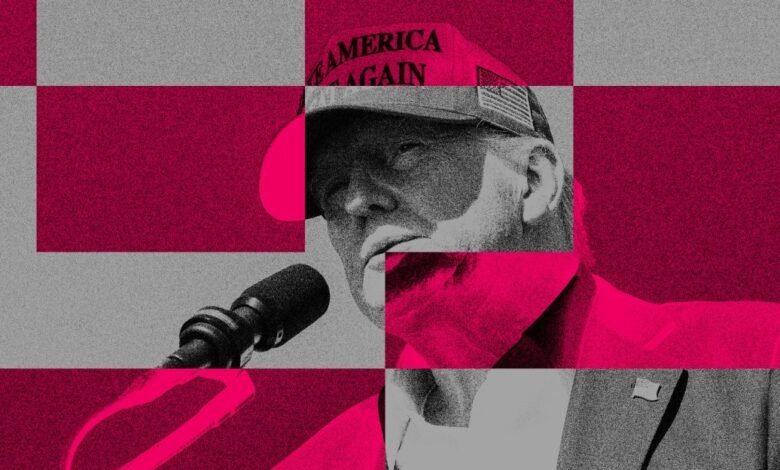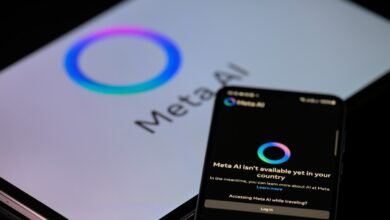Trump’s H-1B Fee: More Than Immigration, It’s About Loyalty

▼ Summary
– Donald Trump’s new H-1B visa restrictions include a clause allowing the Secretary of Homeland Security to grant exemptions at their discretion.
– The exemption power appears designed to give the government leverage over industries, particularly tech companies that have clashed with Trump.
– Major industries like finance and higher education also rely heavily on H-1B visas and could be pressured through this mechanism.
– This approach mirrors Trump’s previous use of tariff threats, where exemptions were granted in exchange for political or financial concessions.
– The policy undermines potential benefits for American workers since exemptions can be granted whenever Trump obtains desired concessions.
Donald Trump’s approach to immigration policy has consistently reflected a core theme of his political identity since his initial campaign launch. While his recent measures targeting the H-1B visa program appear aimed at reducing foreign labor, a closer look suggests a broader strategy centered on influence and control. Rather than simply promoting domestic hiring, the policy seems designed to grant the administration significant discretionary power over key industries, particularly technology.
Tucked within the policy’s detailed language is a critical provision: the Secretary of Homeland Security holds the authority to exempt any individual, company, or entire sector from these new restrictions. This exemption clause allows the administration to waive both travel limitations and substantial fees, reportedly up to $100,000 per application, when deemed in the “national interest.” This flexibility reveals that the rule may be less about immigration and more about leverage.
The relationship between Trump and the tech industry has been notably strained, though many major firms have increasingly sought alignment with his administration during his second term. Under this new framework, companies like Microsoft, Amazon, and Meta, which rely heavily on H-1B visas, could face intense pressure to offer political favors or public support in exchange for regulatory relief. For a corporation employing thousands of specialized foreign workers, the financial incentive to cooperate is enormous.
It isn’t just tech feeling the pinch. Major financial institutions such as JPMorgan Chase and Deloitte also employ significant numbers of H-1B visa holders. The administration’s power to issue exemptions could easily be used to solicit favorable treatment, whether through loans, donations, or public endorsements. Similar tactics have been employed in the past to extract concessions from law firms and other professional sectors.
Academic institutions are not immune either. Universities like Harvard and Columbia use the H-1B program to recruit top-tier faculty, especially in medical and technical fields. With hundreds of foreign academics on their payrolls, these schools may now find themselves negotiating with a White House that has shown willingness to leverage immigration policy for political gain.
This dynamic echoes earlier strategies, such as the use of tariff threats to compel corporate investment in domestic manufacturing. Companies that pledged even modest U.S. expansions were often granted exemptions, turning trade policy into a transactional tool. The same pattern appears to be repeating with visa regulations, where the real objective may be compliance and loyalty, not systemic reform.
For those who support stricter H-1B regulations in the hope of protecting American jobs, the discretionary loophole undermines potential benefits. If entire industries can be exempted after offering the right concessions, the policy’s impact on domestic hiring may be negligible. What remains is a system where influence, not fairness, dictates outcomes.
In the end, the new visa rules function less as immigration reform and more as an instrument of political negotiation. Whether they result in fewer foreign workers remains to be seen, but one thing is clear: the administration has gained a powerful new mechanism to shape behavior across some of the nation’s most influential sectors.
(Source: The Verge)
